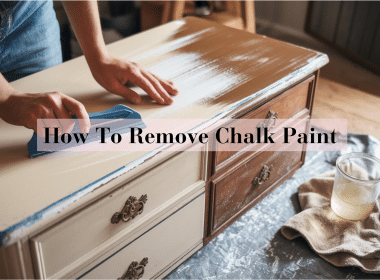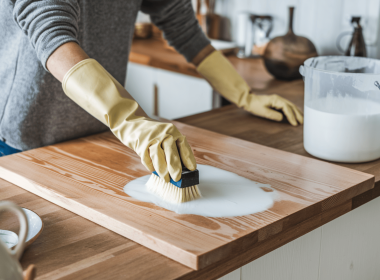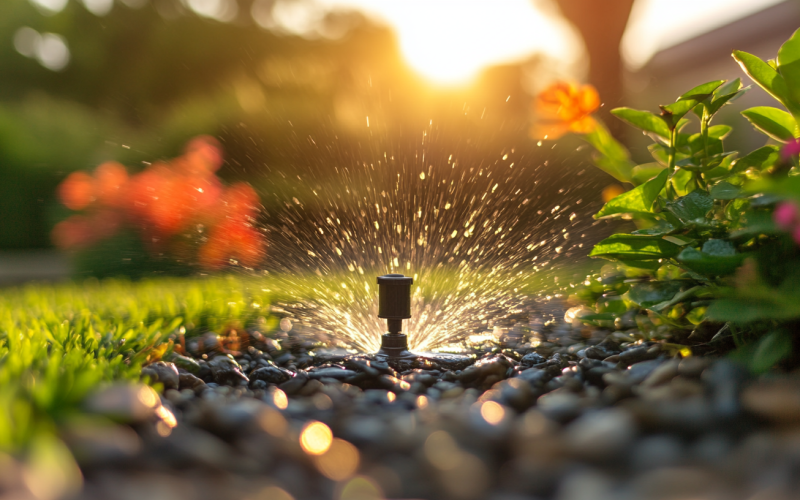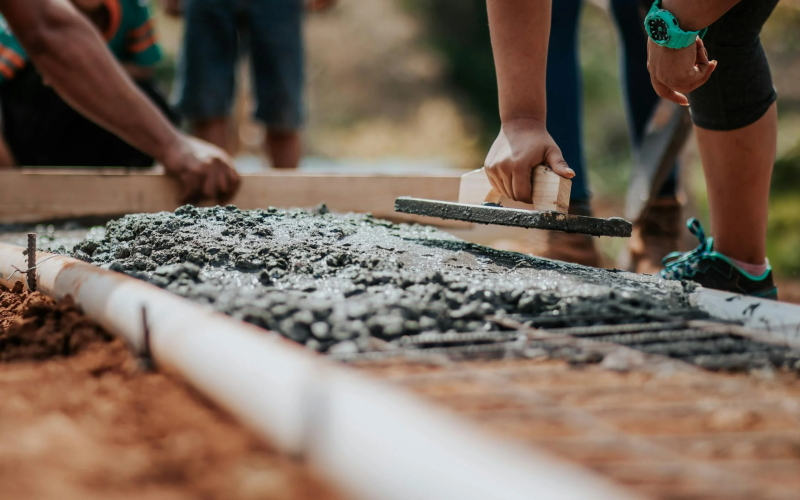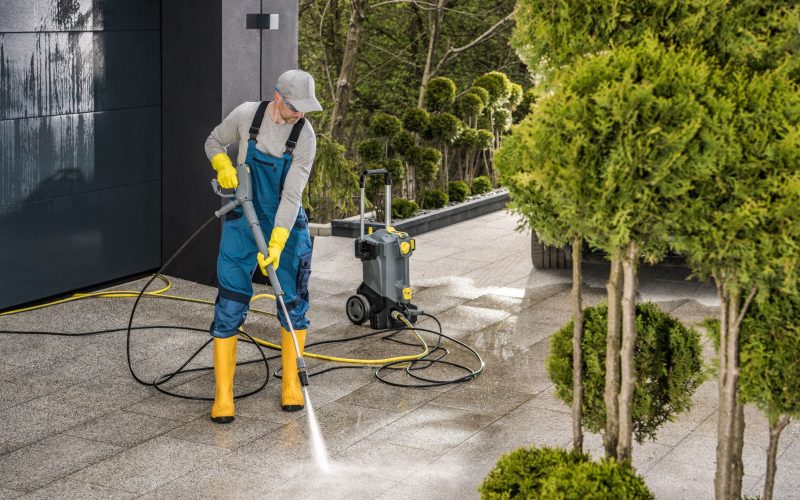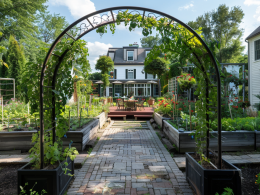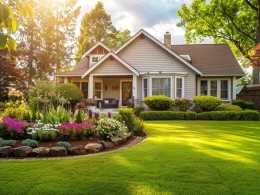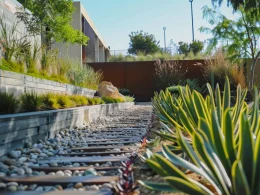Watering your lawn seems like a simple task, but when your sprinkler system starts acting up, that simplicity quickly fades. Should you patch up the old system or bite the bullet and get a new one? Let’s break it down so you can make the right call.
The Age Factor: How Old is Your System?
First things first—how old is your sprinkler system? Age is one of the most critical indicators of whether a repair will suffice or if it’s time to replace the entire thing. Most sprinkler systems last anywhere from 10 to 15 years, depending on the quality of the materials and how well they’ve been maintained.
- If your system is under 10 years old – You’re probably looking at repairs rather than replacement. Minor tweaks, like fixing leaky valves or swapping out broken sprinkler heads, could keep it running smoothly for years to come.
- If your system is over 10 years old – You might want to start thinking about replacement. At this point, more significant parts could start failing, and repairs could add up to more than it’s worth.
The Repair Costs Are Piling Up
Let’s be real—no one loves throwing money at repairs. It feels like a band-aid on a bigger issue, right? So, if you’re constantly calling someone to fix your system, you might need to assess whether these recurring costs are becoming a financial drain. Of course, professionals like Sunrise Irrigation & Sprinklers will be able to advise on the best course of action.
Here’s a quick rule of thumb: If your repair bills add up to 50% or more of the cost of a new system, it’s time to consider a replacement. Sure, a new sprinkler system might seem like a big expense up front, but if you’re nickel-and-diming repairs every few months, it’s probably time to invest in something new and reliable.
Is Your Water Bill Skyrocketing?
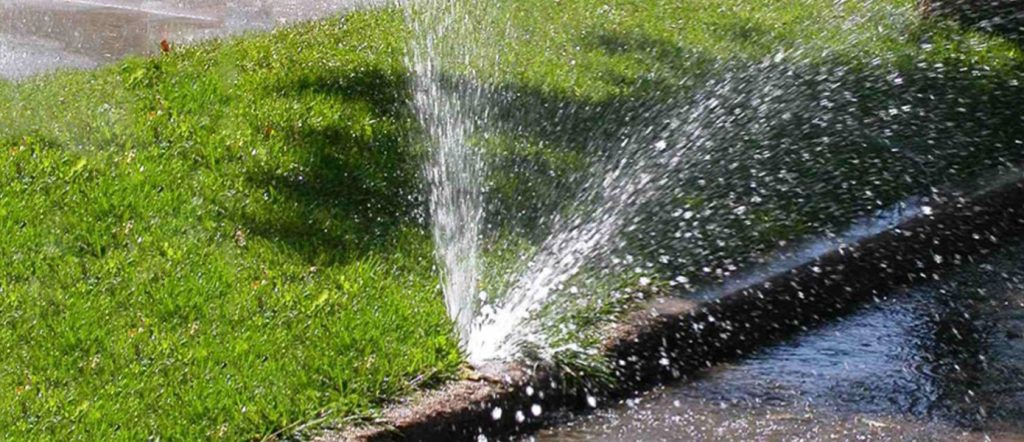
One sneaky way a faulty sprinkler system shows its age is by inflating your water bill. Leaky pipes, broken heads, or malfunctioning valves can lead to water waste that you might not even notice—until that bill arrives in the mail.
Pay attention to how your water consumption fluctuates month to month. If your bill is significantly higher and you’re not doing anything differently, your sprinkler system could be the culprit.
Do You Have Coverage Issues?
Ever noticed patches of dry, browning grass in your yard? If some areas of your lawn are thriving while others look neglected, your sprinkler system might not be doing its job as effectively as it should.
Older sprinkler systems may not distribute water evenly anymore due to wear and tear. Or maybe your yard’s landscape has changed, and your sprinklers aren’t reaching new garden beds or that fancy new patio you added. Either way, if your system can’t properly cover your lawn, a replacement might be a better long-term solution than repeatedly trying to reconfigure an outdated system.
Frequent Leaks or Malfunctions
If you’ve had to deal with more than one pipe burst or malfunction in the past year, that’s a red flag. Occasional issues are normal, but constant problems? That’s a sign that your system might be on its last legs.
While some leaks can be easily fixed by tightening connections or replacing a section of pipe, frequent leaks suggest deeper issues with the system’s infrastructure. Think of it like this: If you’re constantly chasing leaks, the pipes or valves might be deteriorating. In these cases, it’s usually more efficient to replace the system entirely rather than continuing to patch up problems as they arise.
Outdated Technology
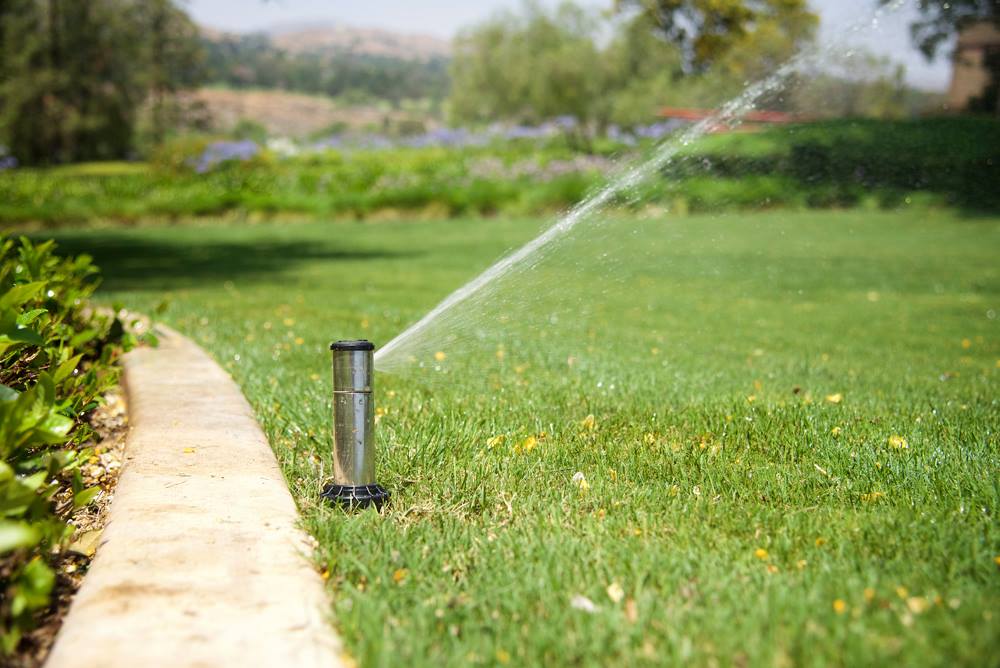
Modern sprinkler systems are much more advanced than their older counterparts. If your system still relies on manual timers or lacks water-efficient features, it might be costing you more than just repairs. Newer systems can be synced with smart technology, allowing you to control your sprinklers from your phone and adjust watering schedules based on weather patterns. These systems are also designed to use water more efficiently, saving you money in the long run.
So, if your current system feels like it’s stuck in the past, upgrading to a more tech-savvy option could not only save you money but also reduce water waste.
Environmental Impact
Speaking of water waste, an older or malfunctioning system can be an environmental drain. Not only can leaks or inefficient sprinkler heads waste precious water, but an outdated system could also be distributing more water than your lawn needs.
Newer systems come with water sensors and smart technology that adapt to your lawn’s specific needs, adjusting based on soil moisture levels or weather conditions. So if you’re thinking about your environmental footprint, upgrading might be the best way to save water while keeping your lawn lush.
Making the Final Call: Repair or Replace?
So, how do you make the final decision? Here’s the breakdown:
- If your system is under 10 years old, and the issues are minor—repair it. Sprinkler heads, valves, or small leaks can usually be fixed without a major overhaul.
- If the system is over 10 years old, and you’re seeing higher repair bills or outdated technology—it’s time to replace.
- If you’re dealing with uneven watering, frequent malfunctions, or skyrocketing water bills—consider a replacement. These issues usually point to deeper, systemic problems that a quick fix won’t solve.
Ultimately, your decision should be based on the long-term benefits. Replacing a system might be more expensive upfront, but it could save you from dealing with constant repairs and water waste in the future.
Take a close look at your system’s age, efficiency, and the repair bills you’ve been racking up. When you weigh these factors, the choice becomes a little clearer. After all, a well-functioning sprinkler system is the key to a healthy lawn and lower water bills—something we can all appreciate!

